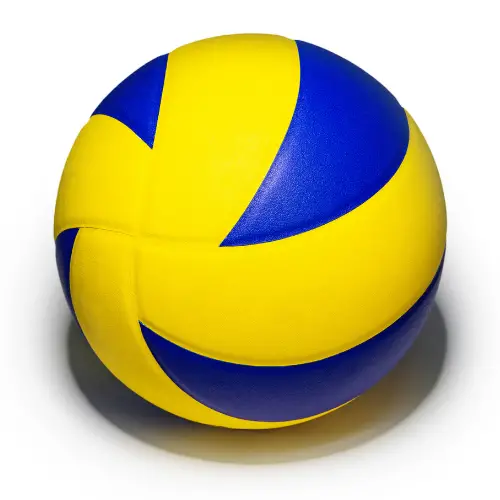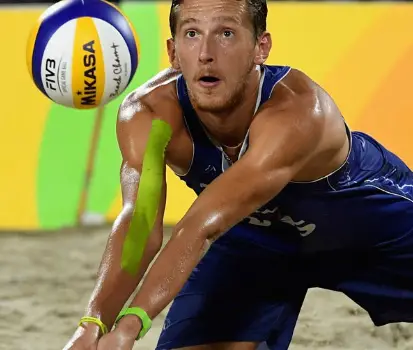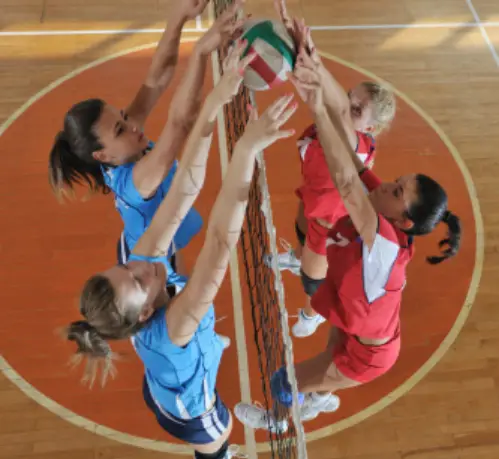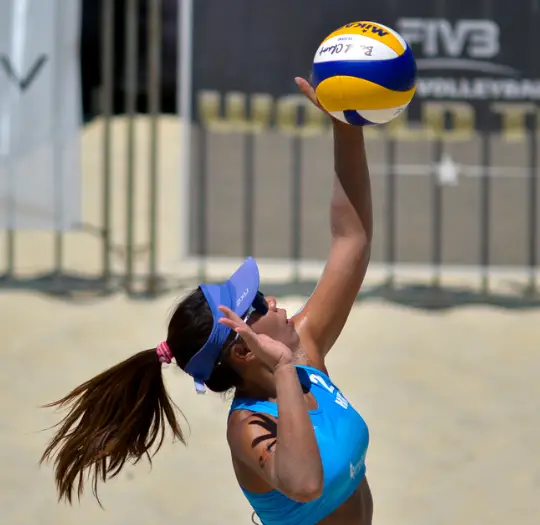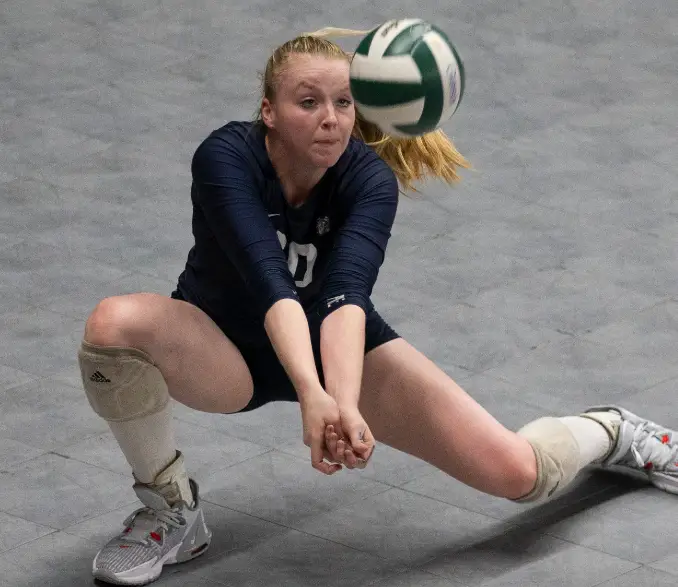Effective communication is a critical component of successful volleyball play. A well-coordinated team that communicates effectively on the court will experience fewer errors, better execution, and improved overall performance. In this article, we will explore six sub-questions that help us understand the importance of communication in volleyball, different communication strategies, and how to hone these skills to become a better player.
Why is effective communication important in volleyball?
Volleyball is a game of precision, speed, and coordination. Players must work together to set up and execute plays that will lead to scoring points while also preventing the other team from doing the same. One of the most important aspects of successful teamwork in volleyball is communication. Effective communication helps players build trust, share information, and coordinate their movements. It leads to better understanding, minimizes errors, and results in more efficient and effective play.
What are the different communication strategies in volleyball?
There are several different communication strategies that players can use to communicate on the court. The most common strategies include verbal communication, nonverbal communication, and hand signals.
Verbal communication involves speaking to one’s teammates to convey information or instructions. This could include calling out plays, alerting teammates to open spots on the court, or announcing a point of attack. Nonverbal communication, such as body language and eye contact, can also be used to convey information or express intent without speaking. Players can also use hand signals to communicate with their teammates. For instance, a quick wave of the hand can signal for a lower set, while a thumbs-up can indicate that the setter is ready to receive a pass.
How can players improve their communication skills?
Effective communication is a skill that can be developed and improved through practice. One of the best ways to improve communication skills in volleyball is to establish clear and consistent communication protocols with your team, such as standardized hand signals and verbal cues. Coaches can also help by providing feedback on effective communication patterns and identifying areas of improvement. Additionally, players can work on their listening skills, including active listening, which involves fully focusing on the speaker, paraphrasing, and asking questions to clarify understanding.
How should players communicate during specific game scenarios?
Different game scenarios require different types of communication. For instance, during serve-receive, the passer should communicate with the team about where the serve is headed, while the middle blocker should alert teammates to the location of the opposing setter. During an offensive attack, the hitter should communicate with their setter to ensure they are ready to receive a pass, while the back-row players should communicate with each other about the positioning of the opposing team’s players. During a block, front-row players should be vocal about their positioning and potential blocks, while back-row players should help to prepare for potential counter-attacks.
How can players overcome communication barriers?
There are several different barriers that can impede effective communication in volleyball. For instance, the noise level in a crowded gym or arena can make it difficult to hear teammates. Additionally, language barriers can make communication difficult for multicultural teams. Gender differences can also cause communication barriers as male and female communication styles may differ. Players can overcome these barriers by using eye contact, clear body language, and amplifying their voice when necessary. Translators or language classes can be helpful for teams with language barriers.
How does teamwork relate to effective communication in volleyball?
Teamwork is the foundation of success in volleyball, and effective communication is one of the key components of successful teamwork. Effective communication allows teams to work together cohesively, anticipate each other’s actions, read the movements of the opposing team, and execute plays with precision. When a team works well together, it becomes a well-oiled machine, able to anticipate and fulfill each other’s needs. Communication plays a critical role in building trust, developing shared experience, and providing critical feedback to improve performance.
Conclusion
In conclusion, effective communication is essential to success in volleyball. Players can use a variety of communication strategies to convey information, including verbal communication, nonverbal communication, and hand signals. To improve their communication skills, players should establish clear protocols with their teams, practice active listening, and work on overcoming communication barriers. Communication during specific game scenarios is vital, and teamwork is impossible without effective communication. By improving communication skills, players can develop a stronger team, better coordination, and experience more success on the court.
